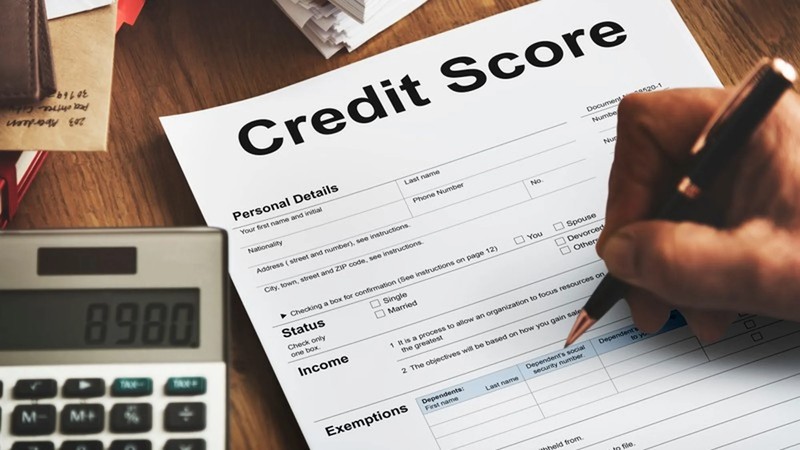Managing debt effectively and improving your credit score are essential steps to achieving financial stability and securing a strong financial future. Whether you’re dealing with credit card debt, student loans, or other types of borrowing, understanding how to reduce debt and boost your credit score can help you achieve your financial goals more quickly. Here are some proven strategies to help you manage debt and improve your credit score.
1. Create a Realistic Budget
A budget is the foundation of effective debt management. Start by assessing your income and expenses to identify where your money is going each month. List all your debts, including the outstanding balances, interest rates, and minimum monthly payments. Use this information to create a realistic budget that allocates funds for debt repayment while covering your living expenses.
Prioritize essential expenses like housing, utilities, and food, then allocate any remaining funds toward paying down your debt. This approach helps you avoid new debt while systematically reducing existing balances.
2. Use the Debt Snowball or Debt Avalanche Method
Two popular methods for debt repayment are the debt snowball and debt avalanche strategies. The debt snowball method involves paying off your smallest debts first, which can provide a psychological boost and keep you motivated. Once the smallest debt is paid, you move on to the next smallest, creating a “snowball” effect.
The debt avalanche method focuses on paying off debts with the highest interest rates first, which can save you money on interest over time. Both methods are effective, so choose the one that best fits your financial situation and personal preferences.
3. Consolidate Your Debt
Debt consolidation is a strategy that combines multiple debts into a single loan or credit card with a lower interest rate. This can make your debt more manageable by simplifying payments and potentially reducing the total interest you pay over time.
You can consolidate debt through a personal loan, balance transfer credit card, or home equity loan. Before choosing this option, make sure to compare interest rates, fees, and terms to find the best deal that aligns with your financial goals.
4. Pay More Than the Minimum Payment
Paying only the minimum payment on credit cards or loans can extend the repayment period and increase the total amount of interest paid. Whenever possible, aim to pay more than the minimum payment to reduce the principal balance faster and save on interest charges.
Even small extra payments can make a big difference over time. Consider rounding up your payments or making bi-weekly payments to speed up debt reduction.
5. Avoid New Debt and Limit Credit Inquiries
While working on managing your current debt, avoid taking on new debt that could add to your financial burden. This includes refraining from applying for new credit cards, loans, or other forms of credit.
Each new credit inquiry can temporarily lower your credit score, so limit applications to essential credit needs. Focus on using your existing credit responsibly, keeping your credit utilization low, and making payments on time.
6. Review Your Credit Report Regularly
Regularly reviewing your credit report helps you stay informed about your credit standing and identify any inaccuracies or fraudulent activities that could harm your credit score. Obtain a free copy of your credit report from each of the three major credit bureaus (Equifax, Experian, and TransUnion) annually.
Look for errors, such as incorrect personal information, accounts you don’t recognize, or payment discrepancies. If you spot any errors, dispute them with the credit bureau to have them corrected.
7. Pay Your Bills on Time
Payment history is one of the most significant factors in calculating your credit score. Late or missed payments can significantly impact your credit score and may stay on your credit report for up to seven years. To avoid late payments, set up reminders, automate payments, or create a payment schedule.
If you know you’ll miss a payment, contact your creditor as soon as possible to discuss your options. In some cases, they may offer hardship programs or alternative payment arrangements.
8. Reduce Your Credit Utilization Ratio
Your credit utilization ratio is the amount of credit you’re using compared to your total available credit. A high credit utilization ratio can negatively affect your credit score. Aim to keep your credit utilization below 30% of your available credit limit.
To lower your credit utilization, focus on paying down credit card balances and avoid using a large percentage of your available credit. You can also request a credit limit increase from your card issuer, but be cautious not to increase your spending.
9. Build an Emergency Fund
An emergency fund can help you cover unexpected expenses without relying on credit, preventing you from accumulating more debt. Start by setting aside a small amount each month in a dedicated savings account until you have enough to cover three to six months’ worth of living expenses.
Having an emergency fund in place provides a financial cushion, allowing you to handle emergencies without jeopardizing your debt repayment plan.
10. Seek Professional Financial Advice
If you’re overwhelmed by debt or struggling to improve your credit score, consider seeking advice from a certified financial advisor or credit counselor. These professionals can help you create a personalized debt management plan, negotiate with creditors, and provide guidance on improving your financial habits.
Many non-profit credit counseling agencies offer free or low-cost services to help you regain control of your finances.
Conclusion
Managing debt effectively and improving your credit score requires a combination of smart financial strategies, discipline, and regular monitoring. By creating a budget, using proven debt repayment methods, paying bills on time, and reducing credit utilization, you can gradually reduce debt and boost your credit score. Stay proactive, seek professional help if needed, and remember that every step towards better financial health counts.









